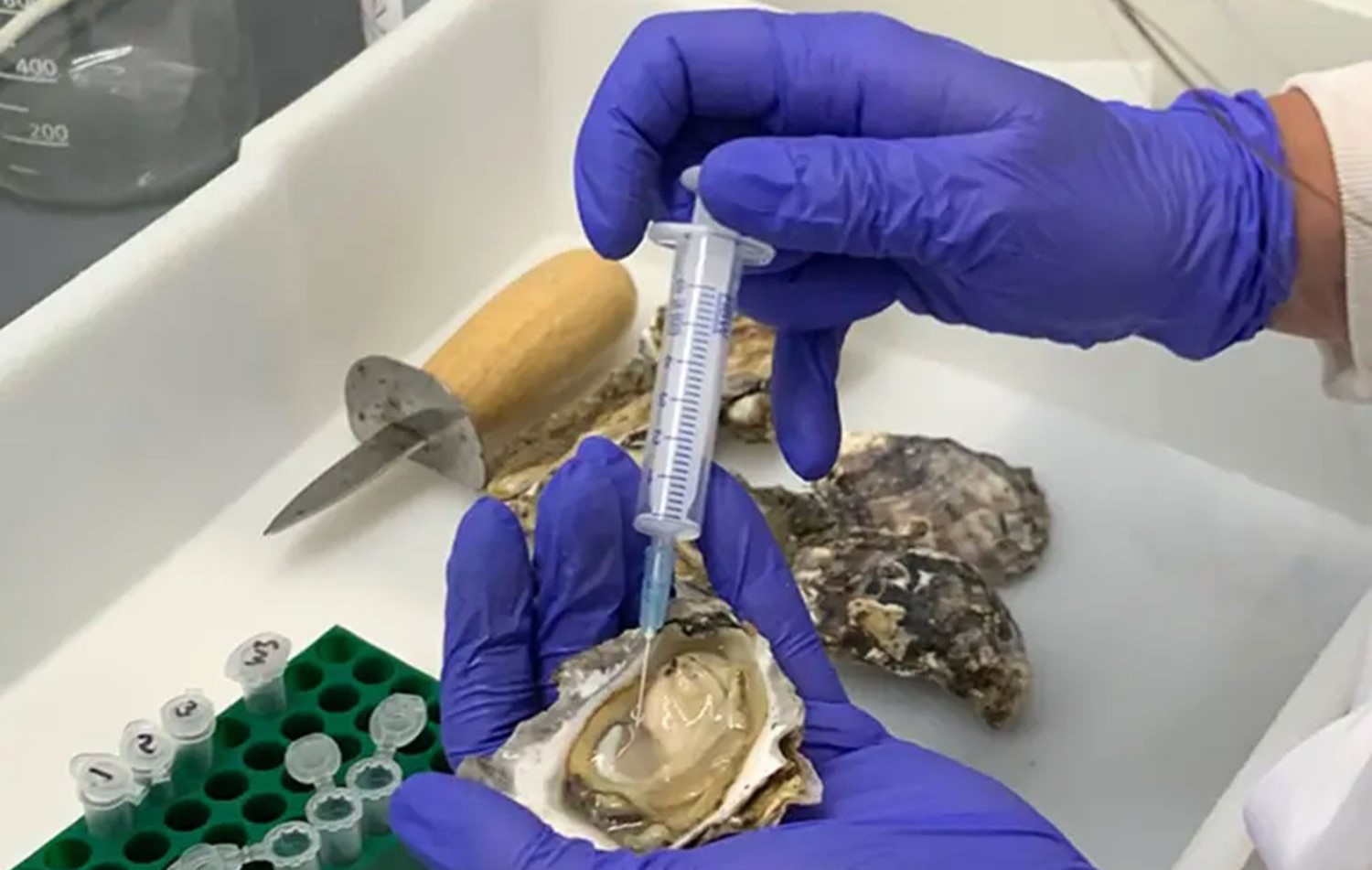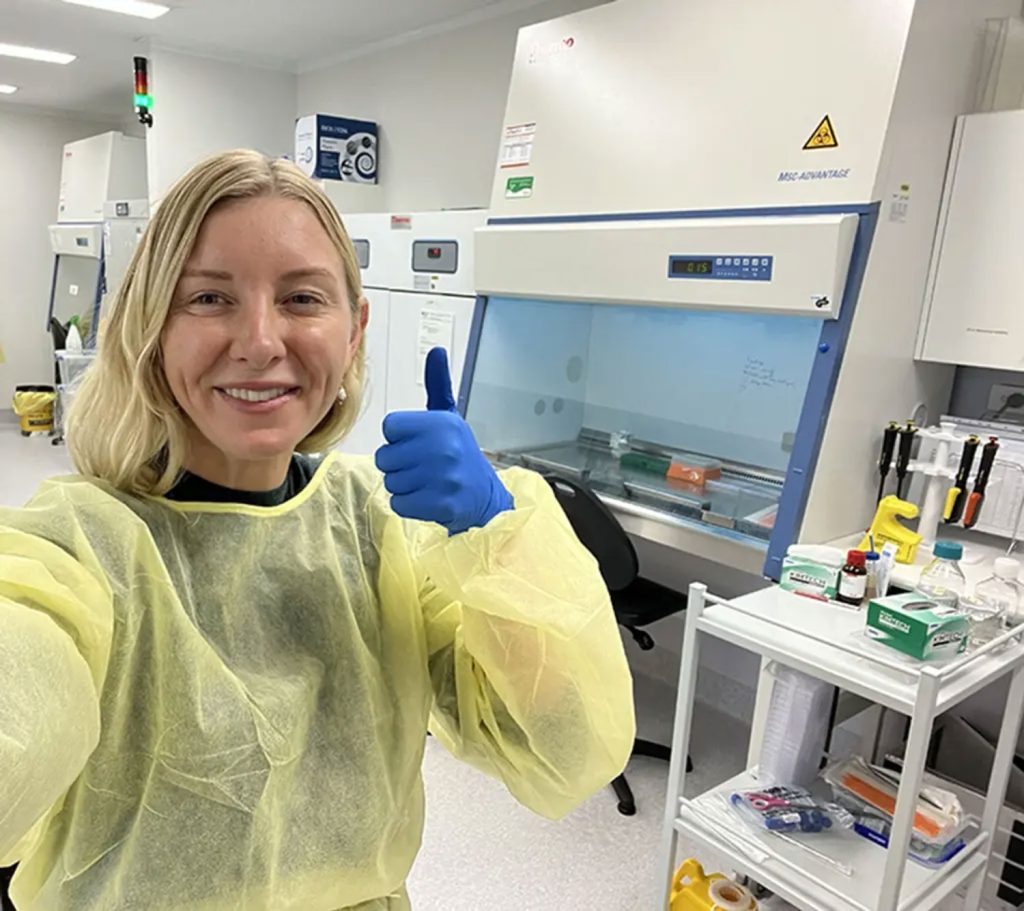Health
Oyster Blood Could Hold the Key to the Next Health Breakthrough
Scientists have discovered a protein in Sydney rock oysters that can boost antibiotics and fight superbugs, offering a breakthrough in battling antibiotic resistance.

Scientists have made a remarkable discovery that could reshape the fight against antibiotic resistance, identifying a surprising ally in the battle against superbugs—Sydney rock oysters.
With antibiotic overuse diminishing the effectiveness of these crucial drugs and leading to the rise of drug-resistant bacteria, researchers at Southern Cross University in Australia believe a protein found in these oysters, known as hemolymph, could provide a breakthrough.
Laboratory experiments have shown that hemolymph has the ability to destroy harmful bacteria responsible for illnesses such as pneumonia and strep throat while also enhancing the potency of conventional antibiotics.
READ MORE: Shocking Moment Woman Thrown from Motorbike as Car Speeds Away
Bacteria often evade both antibiotics and the immune system by forming protective clusters known as biofilms, which make infections particularly difficult to treat.

However, scientists found that hemolymph not only prevented the formation of these biofilms but could also break through existing ones, allowing antibiotics to attack bacteria more effectively.
Tests conducted in a lab setting revealed that the protein increased the efficacy of antibiotics against dangerous respiratory pathogens by up to 32 times.
The study’s findings, which were reported by vknews24, highlight the potential of hemolymph in tackling infections caused by antibiotic-resistant bacteria.
According to Kirsten Benkendorff, a marine scientist and co-author of the study, “Most organisms have natural defence mechanisms to protect themselves against infection.
Oysters are constantly filtering bacteria from the water, so they are a good place to look for potential antibiotics.”
The research was particularly encouraging in the fight against golden staph infections and Pseudomonas aeruginosa, a bacteria that poses a severe risk to individuals with cystic fibrosis.
Importantly, hemolymph was found to be non-toxic to healthy human cells, raising hopes that it could eventually be developed into new treatments for bacterial infections.
Despite the promising results, scientists emphasize that further research, including trials in animals and humans, is necessary before the protein can be considered for medical use.
READ MORE: Footballer’s Bike Stolen on Camera as Teammates Film Training
SOURCE: Blood from OYSTERS could be key in battling next health crisis











